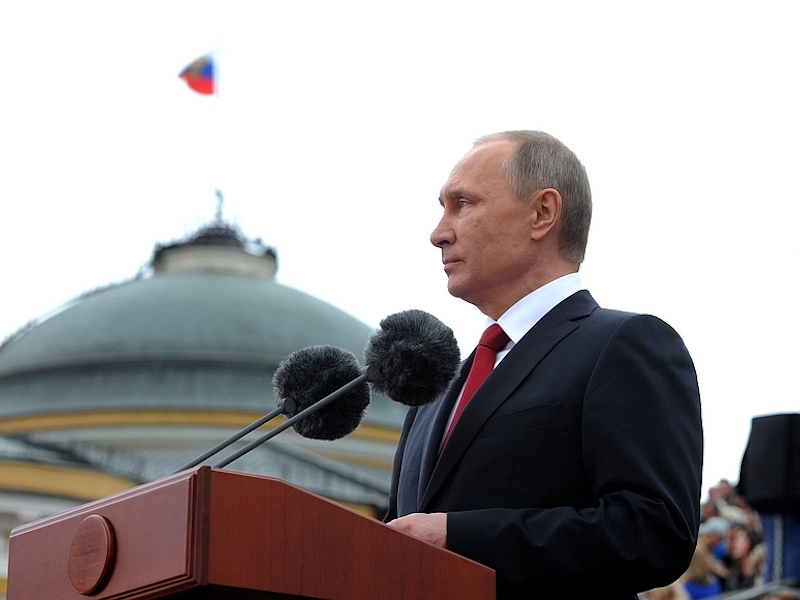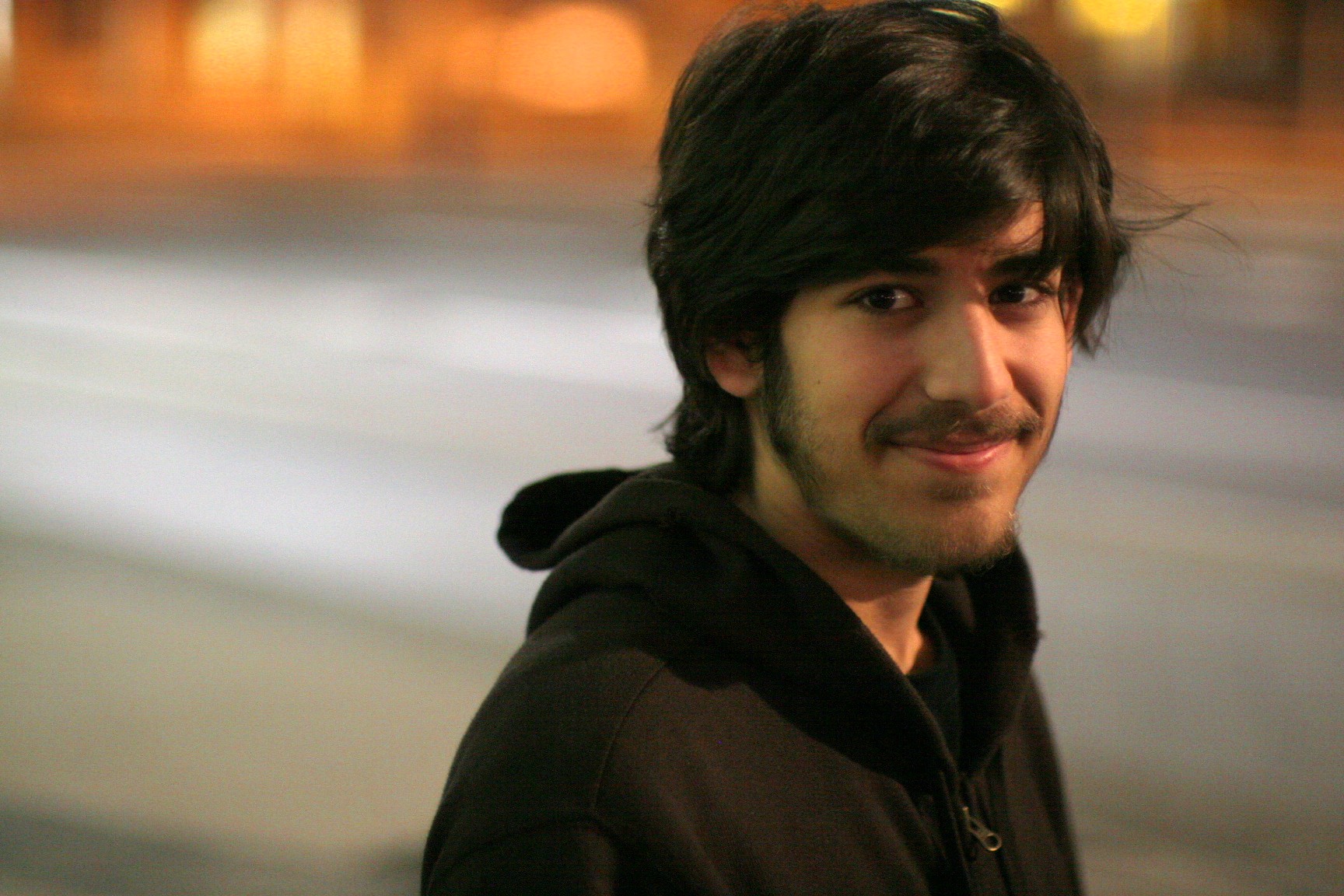 Born in Mingora, Pakistan and named after a Pakistani freedom fighter, Malala Yousafzai possesses all the traits of an international hero. Following an assassination attempt by Taliban fighters in 2012, last week Malala was recognized as the youngest co-recipient of the Nobel Peace Prize for her work as an activist for women and children. This young woman has won numerous human rights awards. She stresses the importance of diplomacy and believes that education can curb terrorist ideology in the future. Since its creation, the Malala Fund has directed its efforts toward investing in and advocating for quality educational systems in developing nations. In Malala’s words, terrorists and extremists quiver at the idea of knowledge.
Born in Mingora, Pakistan and named after a Pakistani freedom fighter, Malala Yousafzai possesses all the traits of an international hero. Following an assassination attempt by Taliban fighters in 2012, last week Malala was recognized as the youngest co-recipient of the Nobel Peace Prize for her work as an activist for women and children. This young woman has won numerous human rights awards. She stresses the importance of diplomacy and believes that education can curb terrorist ideology in the future. Since its creation, the Malala Fund has directed its efforts toward investing in and advocating for quality educational systems in developing nations. In Malala’s words, terrorists and extremists quiver at the idea of knowledge.
Though no one can question the power of Malala’s argument, does education really have a role in the fight against terrorism? In Malala’s point of view, an educated society is the greatest threat to extremists. Armed with pens and books, women and children can be powerful actors against extremist organizations in nations such as Pakistan, by breaking down heinous cultural norms embedded in a patriarchal society.
Looking at the relationship between education and terrorism, it is evident that there are ways in which the former can help reduce the latter. Firstly, a good educational environment is one of tolerance, diversity, and equality. In educational institutions, young people will be exposed to “other” – that is, those with different racial, ethnic, and cultural backgrounds. Opening young minds up to the notion of tolerance, will make it easier for these individuals to accept and embrace diversity in the world, and be trained to coexist with the “other.” Further, the concept of equality is deeply entrenched in legitimate educational systems. Being subject to fair and inclusive practices, young individuals will learn to reject inequity based on dissimilarities.
Another way in which education can help moderate terrorism is through economic development. It is commonly accepted that education enhances a country’s human capital and innovative capacity, thus facilitating job creation and economic growth. A lack of educational infrastructure leads to unemployment, widespread frustration and an economically stagnant society. Without a source of income and a way to improve their lives, disgruntled and impoverished citizens will be more apt to join terrorist organizations to vent anger and collect compensation. Thus, establishing meaningful educational institutions can improve a country’s economy, reducing the incentive to accept extremist ideologies.
However, not all education is equally effective. It has been noted that what truly makes a person educated “is that they are able to perceive accurately, think clearly, and can act effectively according to self-defined goals and aspirations.” In other words, the benefit of education lies in its quality and fundamental aims. Encouraging what is known as “critical thinking” enables students to actively reflect on information they receive. In this way, children who are taught to think critically will have the capacity to reject radical ideas by self-deliberation. Some traditional education systems however, rely on “banking education” – that is, “instead of communicating, the teacher issues communiqués and makes deposits which the students patiently receive, memorize, and repeat.” Education thus becomes a process of transmitting arbitrary information that students cannot fully understand or scrutinize. Consequently, students become submissive and easily accept radical ideologies. For this reason, education must be administered in a way that promotes individual liberation and ownership of knowledge.
Malala has succeeded in expanding international awareness of human right abuses in developing nations. By bravely taking a stand against the Taliban in Pakistan, Malala has become a symbol for women’s educational rights worldwide. Nevertheless, the implementation and administration of educational systems must be done carefully. With an environment meant to provide the means to think critically, young individuals will be both capable of creating economic opportunities and prepared to reflect on information they receive. Without effective meaningful education, unemployment, submissiveness and intolerance will continue to lead to the acceptance of extremist ideology. Christopher Abbott




